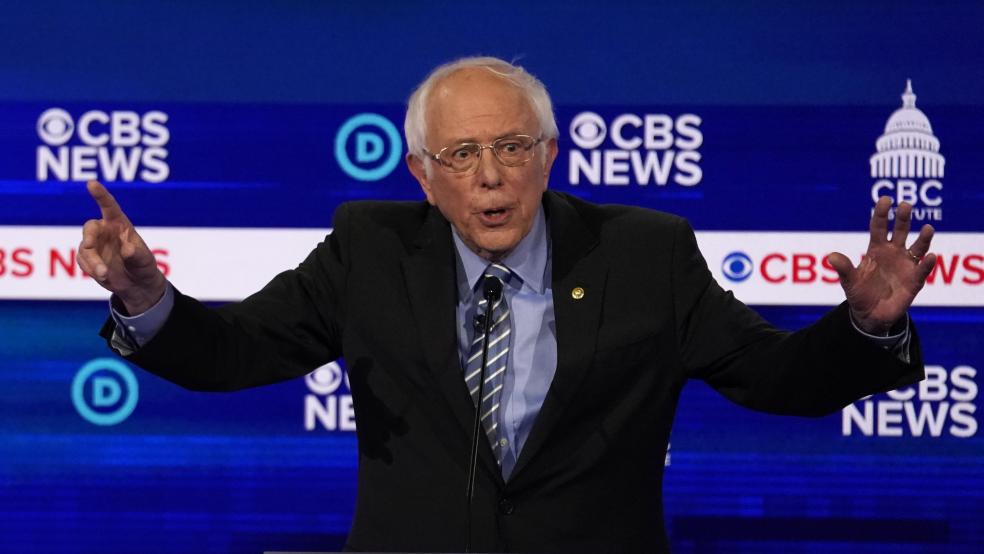You’ll probably be hearing a lot about “budget reconciliation” in the coming weeks, as Democrats work to pass a substantial spending package in the early days of the Biden administration. The term refers to the legislative rule that allows the Senate to suspend the filibuster and pass one bill pertaining to spending and taxes each fiscal year with just 50 votes – the size of the Democratic Senate caucus in the new Congress.
Sen. Bernie Sanders (I-VT), who will chair the Budget Committee, told Politico this week that he has big plans for the reconciliation maneuver. “Understanding that my Republican colleagues have in the past — both under Bush and certainly under Trump — used reconciliation for massive tax breaks for the rich and large corporations, and they’ve also used reconciliation to try to repeal the Affordable Care Act, I’m going to use reconciliation too, but in a very different way,” Sanders said. “As we speak, my staff and I are working. We’re working with Biden’s people. We’re working with Democratic leadership. We’ll be working with my colleagues in the House to figure out how we can come up with the most aggressive reconciliation bill to address the suffering of the American working families today.”
Not everything in Joe Biden’s agenda can pass via reconciliation – increasing the minimum wage, for example, would probably not be allowed, due to the rules surrounding the legislative option. But there are plenty of major agenda items that could conceivably be included in such a bill, with the main limit being the willingness of conservative Democrats such as Sen. Joe Manchin of West Virginia and Kyrsten Sinema of Arizona to go along with it.
Vox’s Dylan Matthews rounded up some of the items included in Biden’s agenda that conceivably be included in one or more reconciliation bills:
- Covid relief checks increased to $2,000, up from the current $600;
- Billions in aid for state and local governments;
- More money for vaccine research and distribution;
- A $3,000-per-year child allowance;
- Federal vouchers for housing;
- Paid maternal and sick leave;
- Universal pre-K;
- Federal funding for child care;
- $2 trillion to invest in clean energy and climate research;
- Debt forgiveness for student loans, worth up to $10,000;
- Free community college;
- Lowering the Medicare eligibility to age 60;
- Creating a public option for health insurance within the Affordable Care Act;
- Increasing taxes on the corporation and the rich.
There are likely additional possibilities, but even passing some of them could “transform American life dramatically,” Matthews says. “An America where pre-K is universal and child care is affordable for all, with trillions in clean energy investment, free community college, paid maternity leave, a child allowance for parents, and a housing program that nearly eliminates homelessness, is a very different America,” Matthews writes. “And it is in reach for the Biden administration.”
A major constraint: As readers familiar with the passage of the 2017 Republican tax cuts may remember, reconciliation faces a major hurdle known as the Byrd Rule, which among other things says that the legislation cannot increase the deficit beyond a 10-year window. That could limit severely the size and scope of an eventual package. But Biden has said that he wants to raise sharply taxes on the rich and corporations, which could give him as much as $4 trillion to cover the cost of new spending and go a long way toward creating the FDR-size presidency he has said he wants to achieve.




